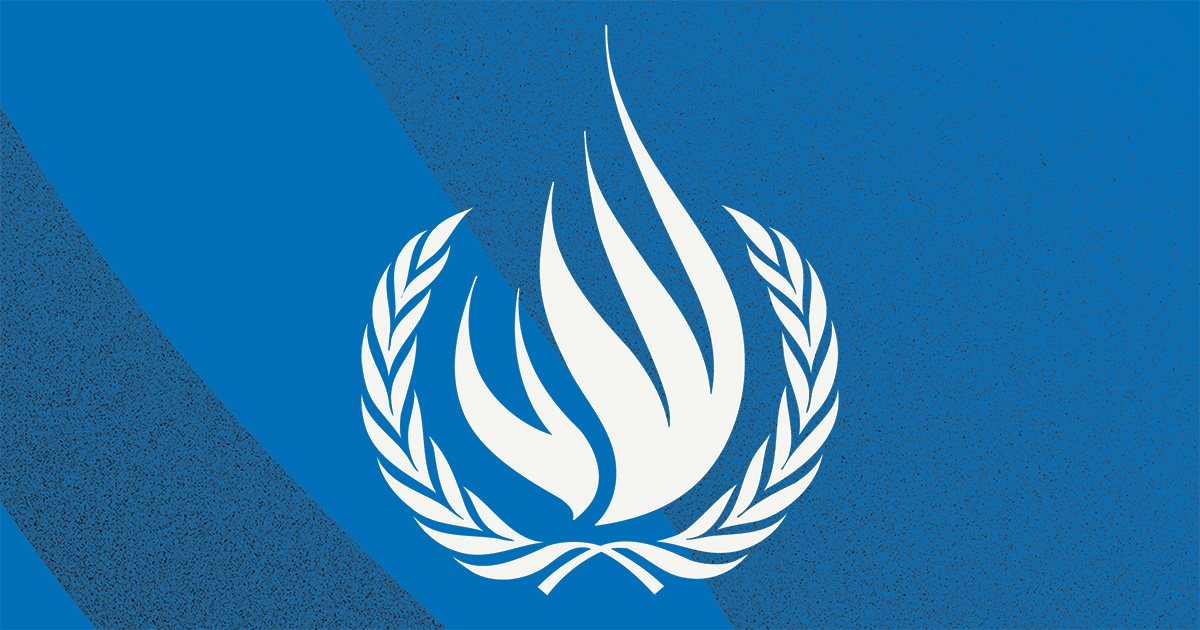
GENEVA (24 April 2024) – Tanzania’s failure to condemn and investigate attacks against people with albinism may constitute serious violations of its obligation to protect people with disabilities, UN experts said.
The UN Committee on the Rights of Persons with Disabilities (CRPD) expressed deep regret today for Tanzania’s unwillingness to follow up on three petitions filed to the Committee concerning the mutilation of people with albinism and the lack of accountability for such abuses.
“We call on the State party to urgently and unambiguously condemn any attacks against people with albinism and to investigate any such attacks promptly and effectively,” said Committee member Amalia Gamio Ríos. “Failure to do so sends a message that ritual killings and mutilations are condoned, which amounts to serious violations of the Convention on the Rights of Persons with Disabilities,” Gamio Ríos stated.
The Committee had examined three cases that occurred in Tanzania between 2008 and 2010. In one case, farmer X was assaulted by two men in April 2010 while fetching firewood. They cut off his left arm, which was never found. Despite reporting the attack to the police, X alleged that the authorities had not investigated his case.
In the second case, Y and his brother were abandoned by their family because of their albinism. They had to stop attending primary school due to an escalation in the killings of and violence against people with albinism. At age 12, Y was attacked by a man with a machete in Geita Region, who took three of the fingers of his right hand and hacked his left shoulder, leaving him unable to use his right hand and left arm.
Single mother Z was assaulted in October 2008 by two men who cut off one of her arms with machetes and maimed the other. They fled with her arm. The other arm was later amputated. Z was pregnant at the time, but because of the attack, she miscarried. An investigation was opened, but the prosecution of two of the accused was withdrawn, and the third person was acquitted.
The Committee considered that judicial proceedings were unduly prolonged and appeared ineffective. The Committee considered that the complainants were victims of direct discrimination and violent crimes against people with albinism. The Committee acknowledged the victims’ limited access to justice and the total impunity around these cases.
Noting that the domestic authorities had not taken effective measures to prevent violence against people with albinism, the Committee found that Tanzania had violated its obligations under the Convention in these three cases in 2017, 2018 and 2019 respectively.
In its decisions for the three cases, the Committee asked Tanzania to provide the victims with an effective remedy, including compensation and the support necessary to enable them to live independently again. It also urged the State party to conduct impartial, prompt, and effective investigations into the attacks and to adapt legislative measures to combat violence against people with albinism and trafficking in their body parts.
Tanzania, however, had failed to provide a report on its follow-up steps despite multiple reminders. The State party also did not reply to the Committee’s invitations in 2023 and 2024 to a meeting.
“We regret the State party’s lack of cooperation with the Committee, including its failure to engage in a dialogue to ensure prompt implementation of our recommendations and provide adequate reparation to the victims,” Gamio Ríos said.
The Committee decided to discontinue the follow-up procedure for the three cases with a “D” assessment, given the State party’s lack of cooperation.
For more information and media requests in Geneva, please contact:
Vivian Kwok at vivian.kwok@un.org
UN Human Rights Office Media Section at ohchr-media@un.org
Background
The Committee on the Rights of Persons with Disabilities monitors States parties’ compliance with the Convention on the Rights of Persons with Disabilities, which to date has 191 States parties. The Committee is made up of 18 members, who are independent human rights experts drawn from around the world, who serve in their personal capacity and not as representatives of States parties. The Optional Protocol to the Convention on the Convention on the Rights of Persons with Disabilities (OP-CRPD) allows the Committee to receive and examine complaints by individuals or groups of individuals claiming to be victims of a violation of their rights recognised by the Convention by States that have ratified the Optional Protocol. To date, 106 States have ratified or acceded to the OP-CRPD. The Committee’s views and decisions on individual communications are an independent assessment of States’ compliance with their human rights obligations under the Convention.
Learn more with our animations on the Treaty Body system and the
Committee on the Rights of Persons with Disabilities!
Follow the UN Treaty Bodies on social media!
We are on Twitter @UNTreatyBodies








